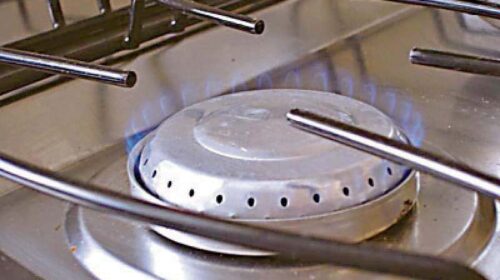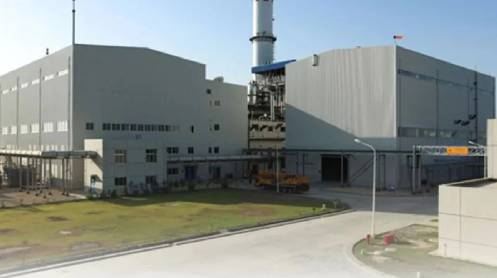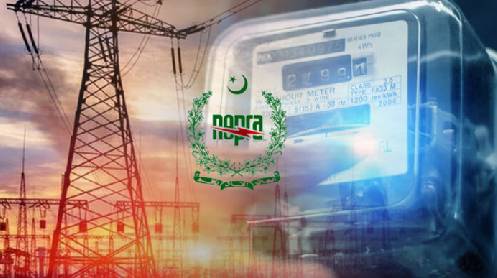As Sui Northern Gas Pipeline Limited (SNGPL) prepares to seek a massive price hike to meet its revenue shortfall, gas prices for consumers in Punjab and Khyber Pakhtunkhwa (KP) are likely to see an increase.
According to the Oil and Gas Regulatory Authority (OGRA), a public hearing was held on Monday to review a petition filed by SNGPL.
The petition, which was filed on October 14, 2022, sought a review of its estimated revenue requirement/prescribed prices for the financial year 2022-23, under Section 8(2) of the OGRA Ordinance 2002 read with Rule 4(3) of the Natural Gas Tariff Rules 2002.
All stakeholders, including consumers and the general public, were invited to attend the hearing and to present their point of view.
In the instant petition, SNGPL projected a shortfall in revenue requirement of Rs178,814 million, including Rs445 million on account of a Liquefied Petroleum Gas (LPG) Air-mix project for FY 2022-23. Accordingly, seeking an increase of Rs488.08 per mmbtu in its average prescribed price effective from July 1, 2022.
The gas utility wants to install LPG air mix plants in remote areas of the country where pipelines are not available. LPG air mix gas, however, is very expensive. In the past, such projects attracted controversy given the high price of LPG. Now, SNGPL has sought an amount of Rs445 million to cater to LPG Air-mix projects for FY 2022-23.
The petitioner has also included the amount of Rs295,268 million pertaining to a shortfall incurred in the previous years. Thereby, seeking a total increase of Rs1,294.02 per mmbtu in its average prescribed price with effect from July 1, 2022.
Besides the above, the petitioner has estimated Re-Gasified Liquefied Natural Gas (RLNG) cost of service at Rs1,015.64 per mmbtu for 2022-23, including Rs762.44 per mmbtu on account of the differential impact of RLNG diversion.
All Pakistan CNG Association (APCNGA) Chairman, Ghayas Paracha said, “They had been proposing different solutions to the government to overcome the gas crisis. One of these was that the private sector be allowed to import LNG to meet its requirements.”
“The state-run gas utilities have not come up with any solution to overcome the gas crisis,” he said.
“It is a pathetic situation, that there is no gas available on one hand, while on the other there has been a massive increase in gas prices sought by utilities to meet their revenue requirements,” lamented Paracha.
Currently, the state-run gas utility, Pakistan LNG Limited (PLL) has not been able to arrange LNG cargoes on contract and spot purchase basis. Due to the Russia-Ukraine conflict, there has been a shortage of gas in the global market and all available LNG cargoes have been diverted to Europe to meet its shortfall.
There has, however, been a drop in LNG prices, from around $60 to $27 per mmbtu, in the global market which has revived Pakistan’s hopes of arranging LNG cargoes.
LNG in Pakistan, however, is not meant for domestic customers; instead, under the policy, it is arranged for commercial and power sector consumers.
Previously, expensive LNG has been diverted to domestic consumers causing circular debt of multibillion rupees. At present, Pakistan State Oil (PSO) is to recover over Rs300 billion from SNGPL, while the gas utility is also to recover multibillion rupees from the domestic sector and other consumers.
Due to hurdles in policy implementation, LNG has not been a viable business for the oil and gas companies in Pakistan.
During its tenure, the Pakistan Tehreek-e-Insaaf (PTI) government passed a weighted average cost of gas bill from Parliament to recover gas prices from the domestic sector as well. Sindh, however, opposed this and the measure has not been implemented thus far.





